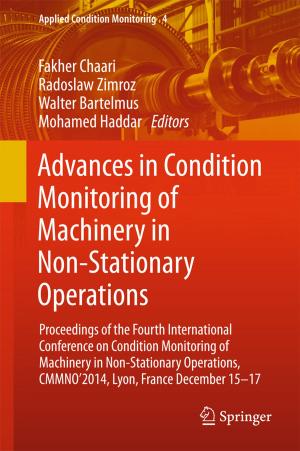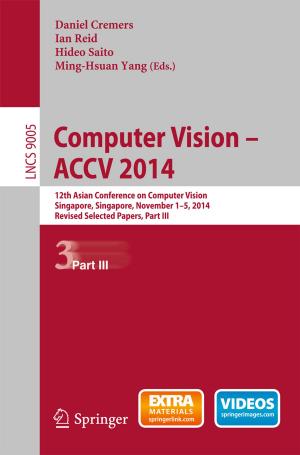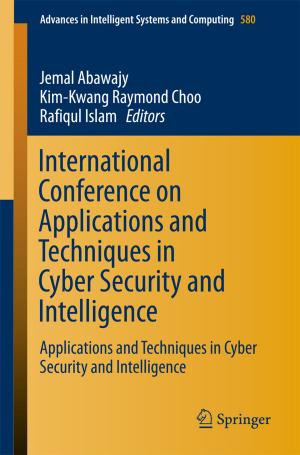Carbon Sequestration for Climate Change Mitigation and Adaptation
Nonfiction, Science & Nature, Science, Biological Sciences, Environmental Science, Nature, Environment, Environmental Conservation & Protection| Author: | Rattan Lal, David A. N. Ussiri | ISBN: | 9783319538457 |
| Publisher: | Springer International Publishing | Publication: | March 28, 2017 |
| Imprint: | Springer | Language: | English |
| Author: | Rattan Lal, David A. N. Ussiri |
| ISBN: | 9783319538457 |
| Publisher: | Springer International Publishing |
| Publication: | March 28, 2017 |
| Imprint: | Springer |
| Language: | English |
This book provides an understanding of the role of human activities in accelerating change in global carbon cycling summarizes current knowledge of the contemporary carbon budget. Starting from the geological history, this volume follows a multidisciplinary approach to analyze the role of human activities in perturbing carbon cycling by quantifying changes in different reservoirs and fluxes of carbon with emphasis on the anthropogenic activities, especially after the industrial revolution. It covers the role of different mitigation options – natural ecological, engineered, and geoengineered processes as well as the emerging field of climate engineering in avoiding dangerous abrupt climate change. Although the targeted audience is the educators, students, researchers and scientific community, the simplified analysis and synthesis of current and up to date scientific literature makes the volume easier to understand and a tool policy makers can use to make an informed policy decisions.
This book provides an understanding of the role of human activities in accelerating change in global carbon cycling summarizes current knowledge of the contemporary carbon budget. Starting from the geological history, this volume follows a multidisciplinary approach to analyze the role of human activities in perturbing carbon cycling by quantifying changes in different reservoirs and fluxes of carbon with emphasis on the anthropogenic activities, especially after the industrial revolution. It covers the role of different mitigation options – natural ecological, engineered, and geoengineered processes as well as the emerging field of climate engineering in avoiding dangerous abrupt climate change. Although the targeted audience is the educators, students, researchers and scientific community, the simplified analysis and synthesis of current and up to date scientific literature makes the volume easier to understand and a tool policy makers can use to make an informed policy decisions.















